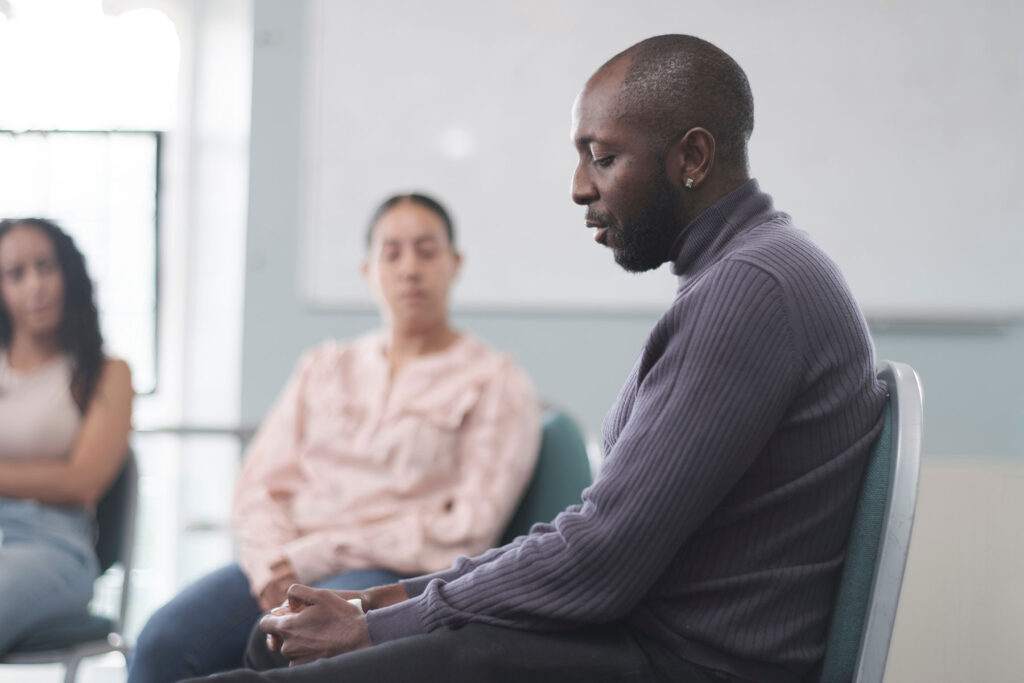Recovery from a substance use disorder (SUD) or mental health condition is a lifelong process, and the potential for relapse is a genuine possibility. Following treatment, patients must be prepared to face the challenges of daily life without resorting to old patterns of behavior that can lead to relapse. When choosing a treatment program, be sure it offers relapse prevention therapy.
Ashwood Recovery is an outpatient treatment center committed to helping individuals, and families overcome struggles with mental health, SUD, and co-occurring disorders. Our Boise, ID, relapse prevention program provides patients with the education, coping skills, and tools to help reduce the risk of relapse. Contact the Ashwood Recovery team at 888.341.3607 to learn how relapse prevention therapy (RPT) can benefit you or your loved one.
What Are the Benefits of Relapse Prevention Treatment?
Relapse prevention therapy (RPT) is crucial for substance use, mental health, and co-occurring disorders. The primary goal of relapse prevention is to equip patients with the necessary skills and strategies to reduce the risk of a relapse.
Following is a look at the primary benefits of RPT:
- Increased self-awareness – RPT encourages the development of a deeper understanding of triggers, vulnerabilities, and behavior patterns that may contribute to relapse.
- Improved coping skills – SUDs often stem from an inability to cope with stress, complex emotions, and life’s challenges. RPT fosters the development of healthy coping skills and alternative strategies to navigate difficulties without relapsing.
- Enhanced problem-solving abilities – RPT focuses on building and strengthening problem-solving skills, empowering patients to find constructive solutions.
- Effective relapse identification – RPT educates patients about the warning signs associated with relapse so they can intervene and seek additional support to avoid full-blown relapse.
- Addressing underlying issues – RPT helps uncover the root causes of addiction, including trauma, dysfunctional relationships, and co-occurring mental health conditions to promote holistic healing.
- Development of a support network – RPT often includes group therapy and support groups where patients can connect with peers who can offer encouragement, empathy, and accountability.
Patients work with their treatment team through relapse prevention treatment to develop personalized, comprehensive aftercare planning, including a relapse prevention plan. Having a well-structured relapse prevention plan contributes to sustained sobriety and reduces the risk of relapse.
Relapse Prevention Plan for Substance Use Disorders
Relapse can occur at any point in recovery but is most likely within the first year following treatment. A relapse prevention plan identifies the tools to prepare patients to cope with the stress and triggers of daily life without turning to drugs or alcohol.
Upon completing a treatment program, most patients return to their home environment and community, which will be essentially unchanged. For many, the biggest challenge with this is not falling back into old relationship dynamics and behavior patterns that jeopardize their recovery.
Relapse prevention plans are highly individualized, but standard components include the following:
- A list of known and potential triggers and how to manage them
- A list of contacts for when you feel at risk of using
- A list of resources for emergency support
- An outline of your daily routine
- Steps for what to do when you (or others) recognize warning signs
- Personal goals and healthy lifestyle strategies
- Strategies and coping skills for responding to stress and triggers
- Information on where you want to go for crisis treatment
- Contact information for your therapist, doctor, and friends or family members
At Ashwood Recovery, we strongly believe in the effectiveness of the 12-step recovery model and encourage patients to incorporate 12-step meetings into their relapse prevention plan. Because most relapses occur within three months of completing treatment, patients are encouraged to attend 90 meetings in 90 days.
Find Relapse Prevention Therapy in Boise, ID, at Ashwood Recovery
Life happens. While you should avoid the people, places, and things that may be triggering, you cannot prevent regular day-to-day stressors. A relapse prevention plan will help you be prepared to manage challenges without resorting to maladaptive behaviors. When seeking help to strengthen relapse prevention in Boise, ID, look no further than Ashwood Recovery. Contact Ashwood Recovery today at 888.341.3607.

